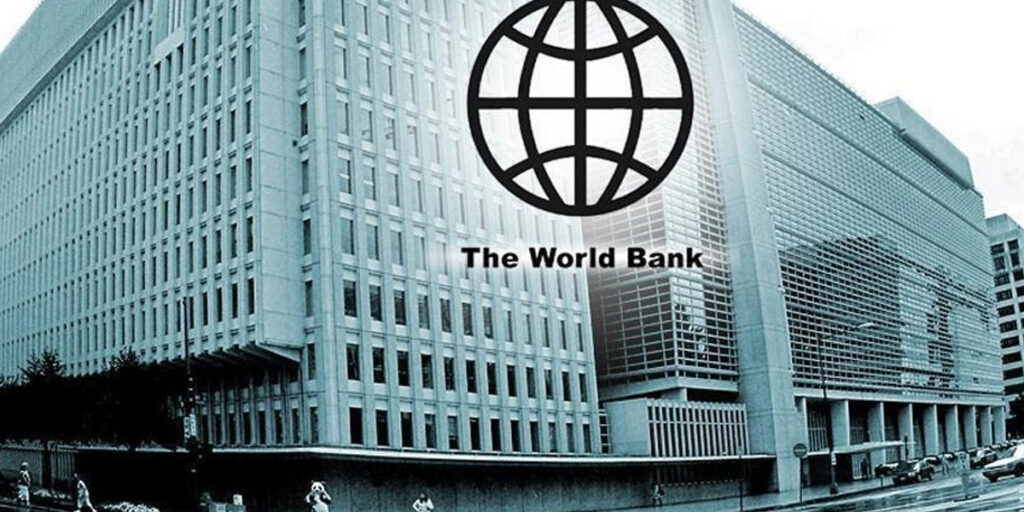WASHINGTON: Energy prices have surged since the Russian invasion of Ukraine and, along with other commodities, are likely to remain at “historically high” levels through 2024, endangering economic growth, the World Bank warned Tuesday.
“This amounts to the largest commodity shock we’ve experienced since the 1970s,” said Indermit Gill, the World Bank’s vice president for equitable growth, finance and institutions.
The shock — which is expected to push energy prices up 50 percent this year — is being aggravated by trade restrictions and rising prices for food, fuel and fertilizers.
“These developments have started to raise the specter of stagflation,” Gill warned in a statement on the World Bank’s Commodity Markets Outlook report.
He advised states to “use every opportunity to enhance economic growth at home and avoid acts that could undermine the global economy,” echoing a recent plea from other World Bank and International Monetary Fund executives.
The report said the increases in energy prices in the past two years have been the largest since the 1973 oil crisis when the OPEC group of oil-producing countries declared an embargo.
Amid the war and Western sanctions on Moscow, the price of Brent crude is expected to average $100 a barrel this year, the highest since 2013, the report said.
European natural gas prices are expected to be double what they were in 2021 and — along with coal — hitting record levels, it added.
Grain prices, of which Russia and Ukraine are major producers, and fertiliser prices have risen the most since 2008, with wheat prices hitting an all-time high this year.
According to the World Bank, non-energy commodity prices, such as agricultural and metals, are expected to rise 20% this year before dropping, but will remain above their five-year average.
